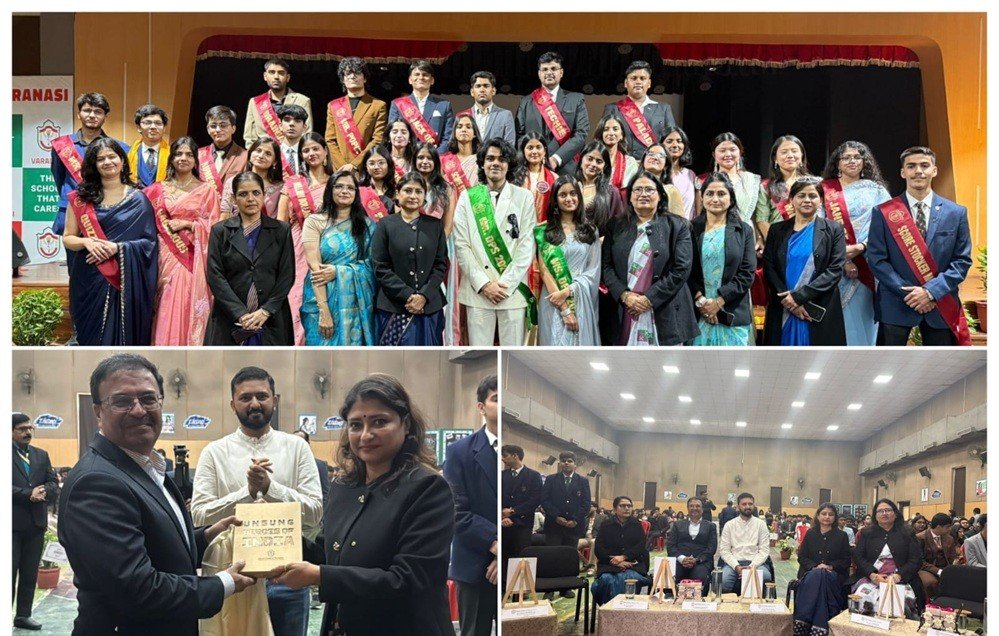Students in Classes 10 and 12 would be expected to concentrate on six subjects, as opposed to the current five subjects. One of the two languages should be the Indian local language
As per the report, the CBSE put forward the proposal to introduce three languages in Class 10 instead of two, with at least two mandatory Indian languages.
Apart from this, in the passing criteria for Class 10 students, the CBSE proposed expanding the need for passing in five subjects to 10.
The CBSE recommended that students in Class 12 study two languages rather than one, with the condition that at least one of the languages will be native Indian languages. Instead of having to pass the five subjects, the students will have to pass now in six.
CBSE new rules 2024: Overview
As illustrated in the National Education Policy 2020, the report further added that the CBSE’s proposed changes are integral to its larger effort to present a national credit framework in school education. Its structure expects to create academic parity between vocational and general education.
In any case, there is no organised credit system in the traditional school curriculum. As per the CBSE proposition, a full academic year would comprise 1,200 notional learning hours or 40 credits.
CBSE new rules 2024: National learning
The CBSE came up with the term “National Learning” in the proposal, which refers to the estimated amount of time required for a typical student to accomplish specific learning objectives.
A student must complete 1,200 study hours in a year to pass, with a specific number of hours allocated to each subject. The hours cover an academic teaching taken in-house and extracurricular, experiential, or non-academic learning.
The Academic Bank of Credits will digitally record the credits that students have procured, and can be gotten to through an associated Digilocker account. The credits would be ‘independent’ of the grades that students get, as indicated by an official CBSE report.
CBSE new rules: Additional To carry out this drive, the CBSE proposed adding more subjects to the secondary and upper school curricula, which will likewise have vocational and transdisciplinary courses with the ongoing subject list. The students would need to pass ten subjects, including three languages and seven main subjects; instead of the current five subjects, which include two languages and three main subjects like social studies, maths, and science.
Adding on, out of the three languages required, two must be local to India. According to the outlet, the seven essential subjects for Class 10 are mathematics and computational thinking, physical education and well-being, social science, science, art education, vocational education, and environmental education.
Six subjects would be required of students in Classes 10 and 12, rather than the current five. One of the two languages should be the Indian local language. Before the end of last year, the CBSE sent a proposition framing changes to the academic structure of Classes 9, 10, 11, and 12 to all tops of its affiliated schools. By December 5, 2023, they were required to review the proposal and provide feedback.



